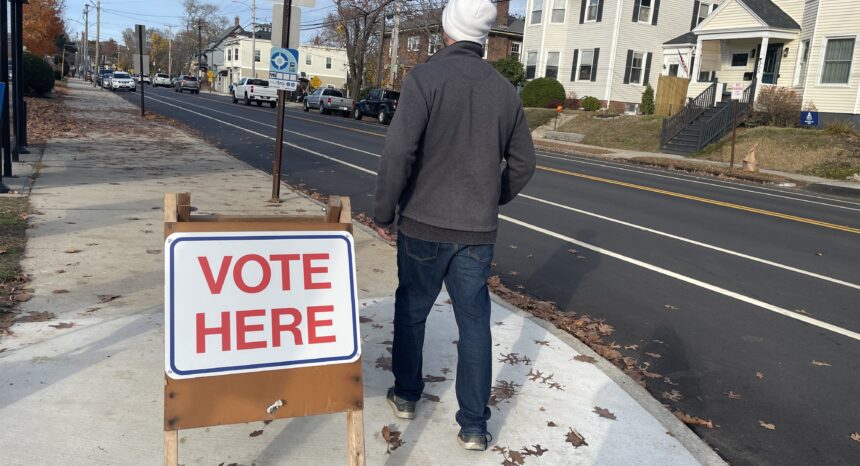Between Aug. 30 and Oct. 8, a team of researchers at four universities surveyed thousands of American adults and asked the following question: When making a decision about voting, including candidates for office and ballot initiatives, what is your most important source of information?
The online survey was conducted as part of the Civic Health and Institutions Project, which provides national and state-level opinion and behavior data on a wide variety of topics. Also known as CHIP50, the project is a joint collaboration of the Network Science Institute at Northeastern University; the Shorenstein Center on Media, Politics and Public Policy at Harvard Kennedy School; Harvard Medical School; the School of Communication and Information at Rutgers University; and the Department of Political Science and Institute for Policy Research at Northwestern University.
Among the key findings of the latest CHIP50 survey, which collected 25,518 responses from Americans across the U.S.:
- Discussions with friends/family and news stories were the top two primary sources of election information in 2024, at 29% and 26%, respectively. Recommendations from clergy (2%) and social media (9%) were among the other primary sources.
- Democrats and Independents were more likely to rely on news stories as their primary source of election information than Republicans. A larger percentage of Republicans listed friends and family as their primary source of election information than did Democrats or Independents.
- Americans who had not attended college were more likely to rely on friends and family for election information than Americans with more formal education, who were more likely to rely on the news media.
- Asked specifically which news media sources were most important to them when making a voting decision, 41% of respondents selected national TV news as the top news media source.
The entire survey report is embedded below with permission from the research team. You can find more information about the methodology here. The report is a valuable resource for local journalists in search of post-election analysis stories. For example, the researchers share state-level data on whether respondents leaned on national vs. local news for information about the 2024 election.
“Across US states, the reliance on national news for election information was highest in
Connecticut (26%), Massachusetts (26%), and Nevada (25%), while the states where people
were most likely to rely on local news were Hawaii (14%), Louisiana (13%), and South
Carolina (12%),” the researchers write.


Expert Commentary